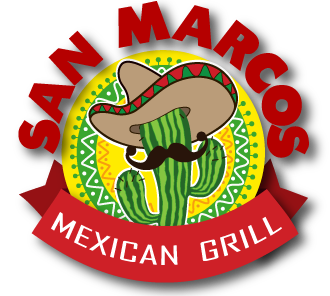Barrels of aging for tequila reposado.
Tequila is a distillate originally from the municipality of Tequila in the state of Jalisco, Mexico. It is made from fermentation and distillate as well as mezcal, juice extracted from agave, in particular, the so-called blue agave (Agave tequilana), with designation of origin in five states of the Mexican Republic (Guanajuato, Michoacán, Nayarit, Tamaulipas and Jalisco since in the first three can only be produced in some municipalities, the border to Jalisco).
There may be several varieties of this beverage, including aged tequila, repose tequila and white tequila, each created from the diversification they have made. Over time the different suppliers, for example, in recent years, the Dobel brand, was the first to create a crystalline tequila.
Worker of the Mexican tequila producer Jose Cuervo in Tequila, Jalisco
Tequila is perhaps the most well-known and representative drink of Mexico in the world, some manufacturers began to take advantage of the business and began to internationalize it in the mid-nineteenth century, with shipments to California, United States being Jose Cuervo the first house to do so.
Tequila is a different beverage than mezcal, it is believed that a beverage would have no relationship in terms of preparation or distillation with tequila, but it is of great importance to mention that tequila is considered as a specific type of mezcal, since this is obtained from the Agave tequilana of the Weber Azul type, it is important to clarify that the mezcal in its different varieties can be obtained from 14 different types of agave. Hence the popular phrase “is called Tequila, but it is called Mezcal”.
The purity of a tequila consists of being made completely from the agave. When a tequila does not indicate on its label that it is 100% agave it is a mixed tequila. This means that a proportion of the sugar obtained from the agave was mixed with other sugars during its elaboration.
For many years there was a rule in Mexico that allowed Mexican tequilas to have a minimum of 51% agave and a maximum of 49% of other sugars. For some time now, however, the standard requires that to be called tequila it must be at least 51% agave.
In mixed tequilas, the agave is mixed with corn syrup or sugar cane.
The name tequila is an internationally recognized denomination of origin, which designates agave distillate produced in specific regions of Mexico, in the vicinity of the towns of Tequila and Amatitán, as well as in Arandas and Atotonilco el Alto in the area of Los Altos and in Nayarit in municipalities like Ixtlán del Río. It is also made in certain areas in Guanajuato, Michoacán, and Tamaulipas.
The Nahuatl origin (tequitl: work or trade; tlan: place) of the word speaks of a place of work and, at the same time, of the specific work of cutting plants. The word tequio refers to the task of the field men.
